ABU DHABI: A floating bamboo school-cum-hostel for single women, a wasteland transformed into a wetland and a culture museum built in the heart of one of the world’s longest-running conflicts are among the winners of a triennial award for architecture serving Muslims.
The Aga Khan Award for Architecture was established in 1977 by Aga Khan, the Muslim spiritual leader, to celebrate projects that “successfully address the needs and aspirations of communities in which Muslims have a significant presence.”
The six frontrunners of the 2019 edition were announced this week with projects from two Gulf Cooperation Council countries — the UAE and Bahrain — in addition to Bangladesh, Palestine, Senegal and Russia being picked as winners. It is the first time that the UAE and Bahrain have won recognition.
The 2019 jury said it “sought to select projects that question the conventional practice of the profession and set in place inspirational pathways through which architects can take on societal problems.”
The Wasit Wetland Centre — part of a larger project to rehabilitate an ancient chain of wetlands along the UAE’s coast — is a design that saw the transformation of an almost 20-acre rubbish dump in the emirate of Sharjah into a wetland that is now a nature reserve for 350 bird species.

The judges said the centre “stands out as a remarkable, indeed unique, collaborative project combining architectural excellence with a deep commitment to ecological imperatives,” while also achieving “highly commendable educational and recreational purposes.
The project sets a powerful precedent that encourages low-impact and environmentally conscious development in a region known for its propensity to go in the opposite direction.”
Bahrain’s Revitalization of Muharraq project, which highlights the World Heritage Site’s pearling history, was initiated as a series of restoration projects. It evolved into a comprehensive programme to rebalance the city’s demographic makeup by creating public cultural spaces.
The judges said the building restoration and the introduction of contemporary sites provided a vessel for curated cultural activities, with the “Pearl Route” — which guides visitors through the area’s heritage — noted as a particular highlight.
Meanwhile, IDOM’s prize-winning Alioune Diop University Teaching and Research Unit is a lecture building in Bambey, Senegal, where a scarcity of resources led to the use of bioclimatic strategies, includes a large double-roof canopy and latticework that avoids solar radiation but allows air to flow through it. By employing familiar construction techniques and following sustainability principles, it succeeded in keeping costs and maintenance demands to a minimum, while still making a bold architectural statement.
“As buildings have a direct impact on climate change and the environment, the unit represents a commendable example of how fundamental principles of sustainability and energy efficiency are translated into a well-integrated and elegant design that also has a low impact on its surroundings,” judges said.
Bangladesh’s Arcadia Education Project is located in South Kanarchor. The project — a modular structure incorporating space for a preschool, a hostel, a nursery and a vocational training centre — takes a novel approach to a riverine site that is flooded for up to 5 months every year.
Russia’s Public Spaces Development Program is reviving over 300 public spaces in Tatarstan, Kazan. It seeks to counter the rise of private ownership by prioritising public spaces.
The judges said public spaces “reinforce the sense of community, the identity of the villages and cities and the role it plays in the development of civil society.”
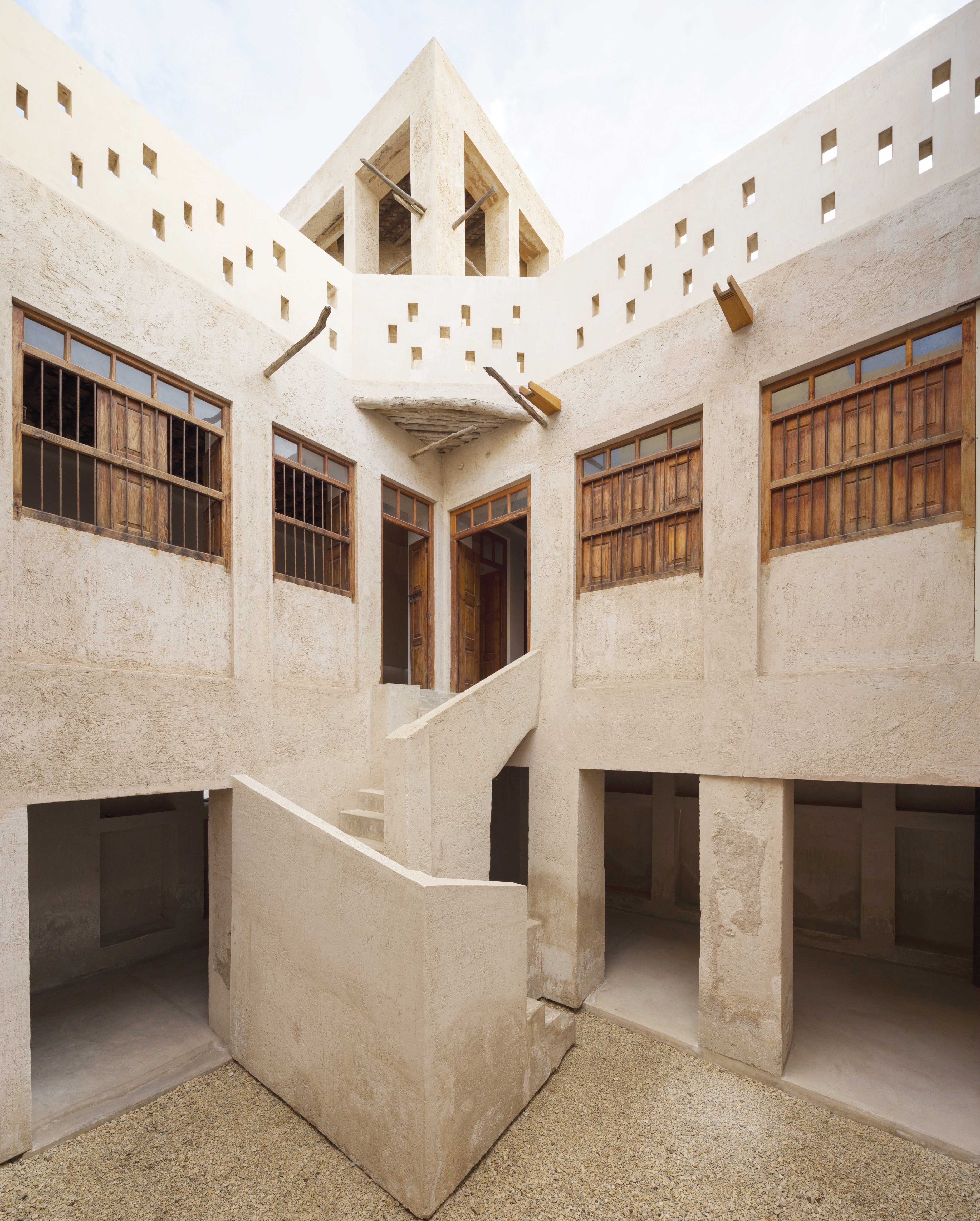
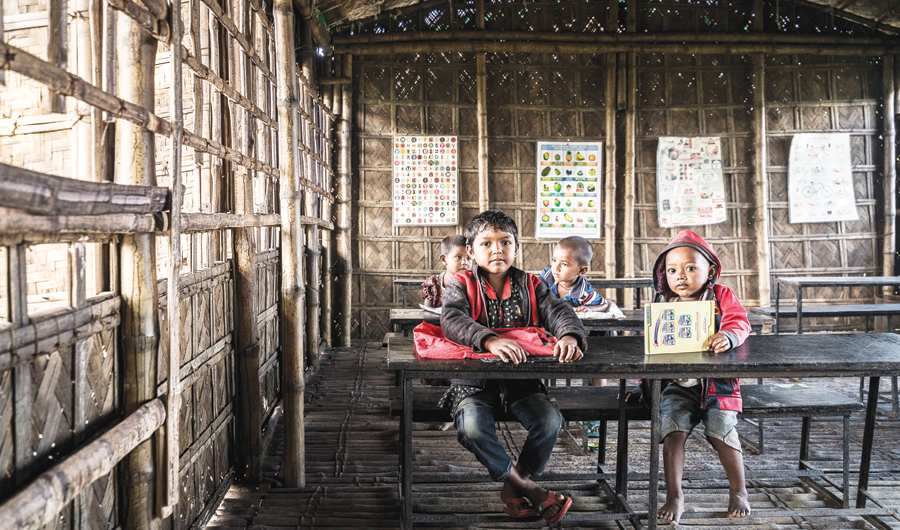
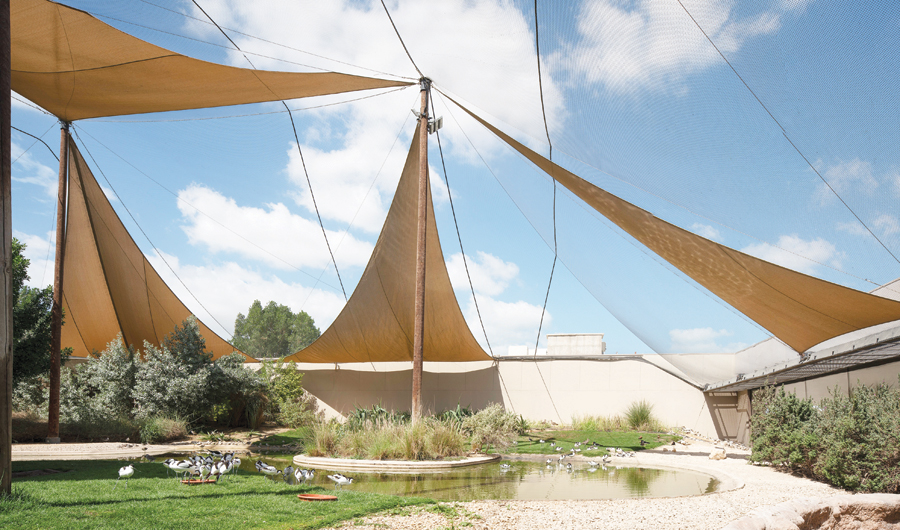
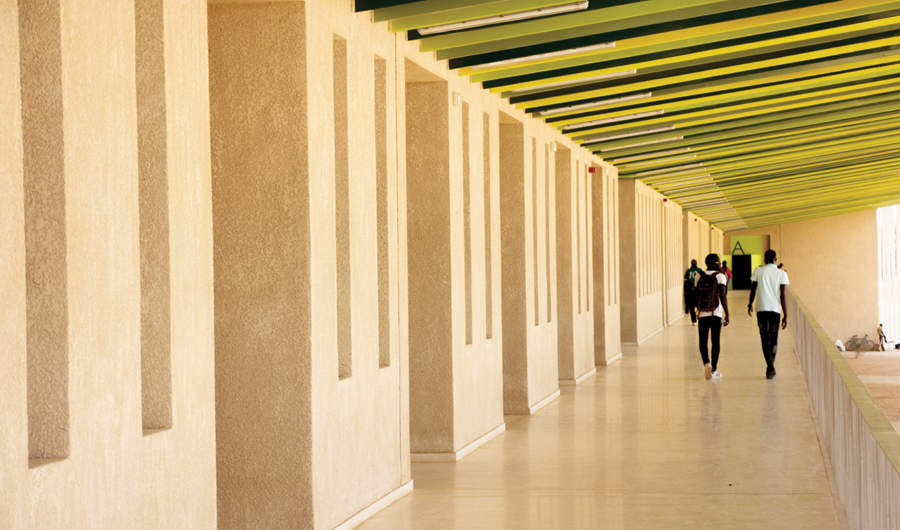
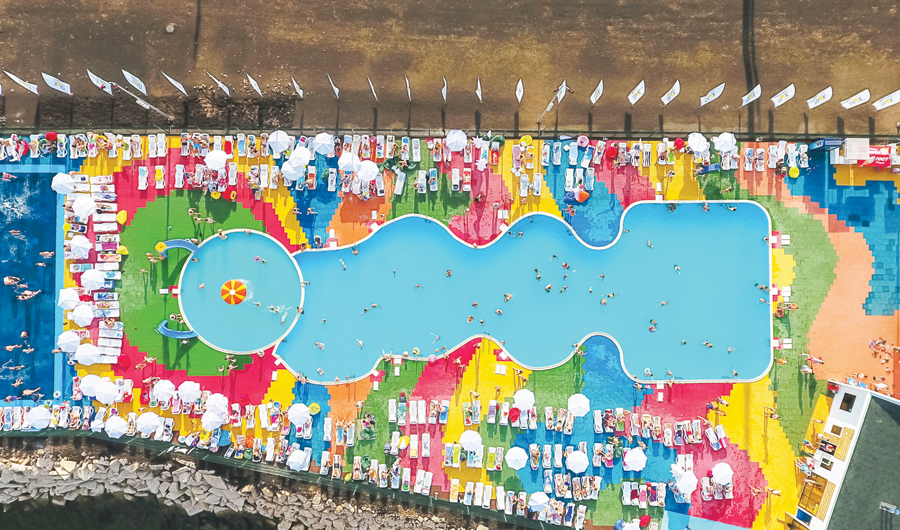

from World https://ift.tt/2zQaVou
via Latest News of Dubai

0 Comments